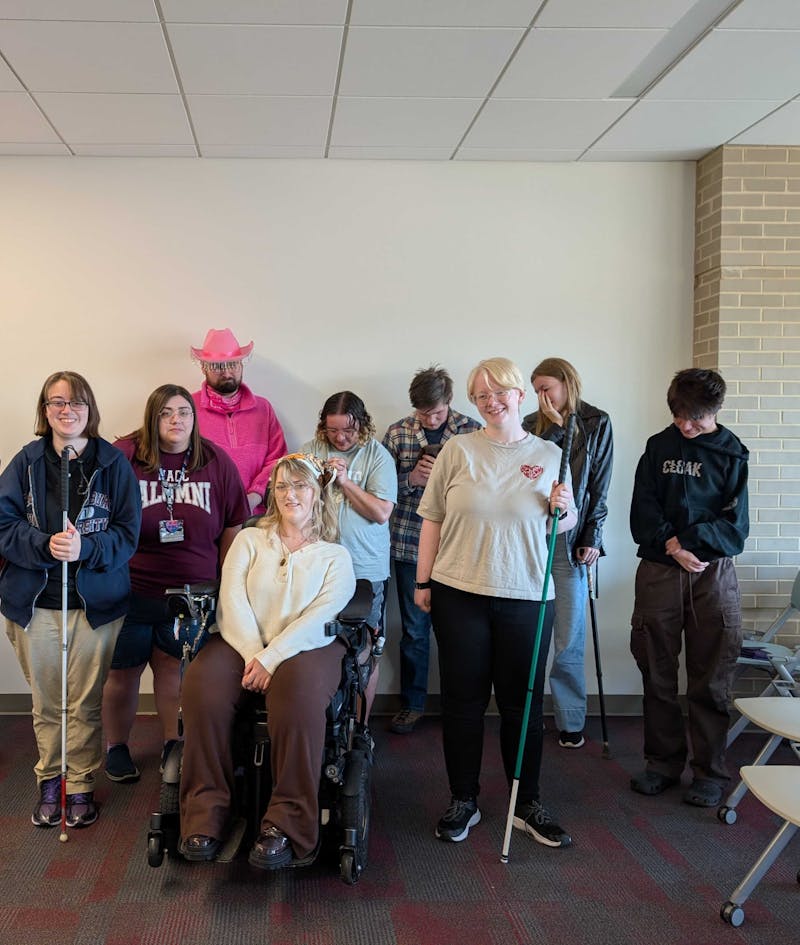What happens when you muzzle the whistleblower?
It turns out the people can’t heed their call.
As the coronavirus sweeps China and, to a lesser extent, the world, the tale of its discovery hit media outlets.
Li Wenliang, the doctor who warned the public about the new virus sweeping China, tried to warn the public before police shut him up on Dec. 30 by forcing him to sign a statement that said his warning constituted “illegal behavior.” He fought this by publicly discussing the virus with news outlets to try to help people.
In a cruel twist of fate, the very infection Wenliang tried to warn the public about ended up silencing him for good.
The Hubei health authority reported that 103 people died of the coronavirus in that province on Monday alone, according to CNN.com. The total deaths in mainland China is at least 1,011. Only two deaths have occurred outside the country: One in Hong Kong and another in the Philippines.
According to the New York Times, the coronavirus “has sickened more than 40,500 people in Asia” and has slowly cropped up in a few isolated cases in the United States. However, experts estimate the total number of cases are much greater than 100,000, according to the New York Times.
Given the nature of the Chinese government’s reaction to Wenliang’s initial reports, it’s entirely possible they are obscuring the numbers to downplay the epidemic. But the virus has claimed more than a thousand lives and is expected to keep going.
It is abundantly clear that the first thought for the Chinese government was not to take seriously the findings of Dr. Wenliang, but to protect the image of China itself to its citizens and to the rest of the world.
Stories keep pouring in of extensive efforts to keep the virus in check. However, the coronavirus itself is little more than the typical flu that everyday Americans get. It is not highly lethal — merely highly infectious. But this difference is all the same to the Chinese populace, whose medical centers are now overcrowded with lines of sick patients waiting for treatment that China is unable to grant. China knows its healthcare system is unable to combat the virus, and it still chose to try to censor a medical professional.
When those in positions of power place “order” and “image” above the safety and wellbeing of constituents, you no longer have a legitimate governance. You have a corrupt dictatorship.
I frequently discuss the role of journalists in a free and democratic society. If you page over to B1 this week, you will read an unsigned editorial discussing how members of Dickinson College’s campus petitioned, through a student newspaper, to see positive change come to Dickinson’s Title IX policies.
A few days ago in that very newspaper, The Dickinsonian, Editor-in-Chief Drew Kaplan defined journalism as “… printing what someone else does not want printed…”
I wholeheartedly agree. Although Kaplan makes no mention of the Title IX sit-in protest at Dickinson in this letter-from-the-editor, I do not think it too speculative to conclude his musings are inspired, in-part, by Dickinson’s inability to provide transcripts of Rose McAvoy’s hearing so McAvoy could bring the process to task.
Given the definition, which Kaplan attributes to George Orwell, I think calling Wenliang a journalist is nothing short of accurate. It was his actions that helped inform the public despite his government’s attempts to intimidate and silence him.
Who knows how much worse China would be if Wenliang did not openly discuss the infection? No data can point to the impact of his actions, but I think it is safe to say Wenliang saved lives in warning the public the way he did after government officials intimidated him.
This only speaks to the role of journalism in complex societies. In the face of pressure from governments and administrations, the everyday citizen must have the courage to stand by the truth and speak out on issues.
"Your World Today" is a weekly column written by the editor-in-chief of The Slate. It represents solely the subjective opinion of the individual who wrote it. For Staff Editorial opinions, see this week's "The Slate Speaks."



The Slate welcomes thoughtful discussion on all of our stories, but please keep comments civil and on-topic. Read our full guidelines here.